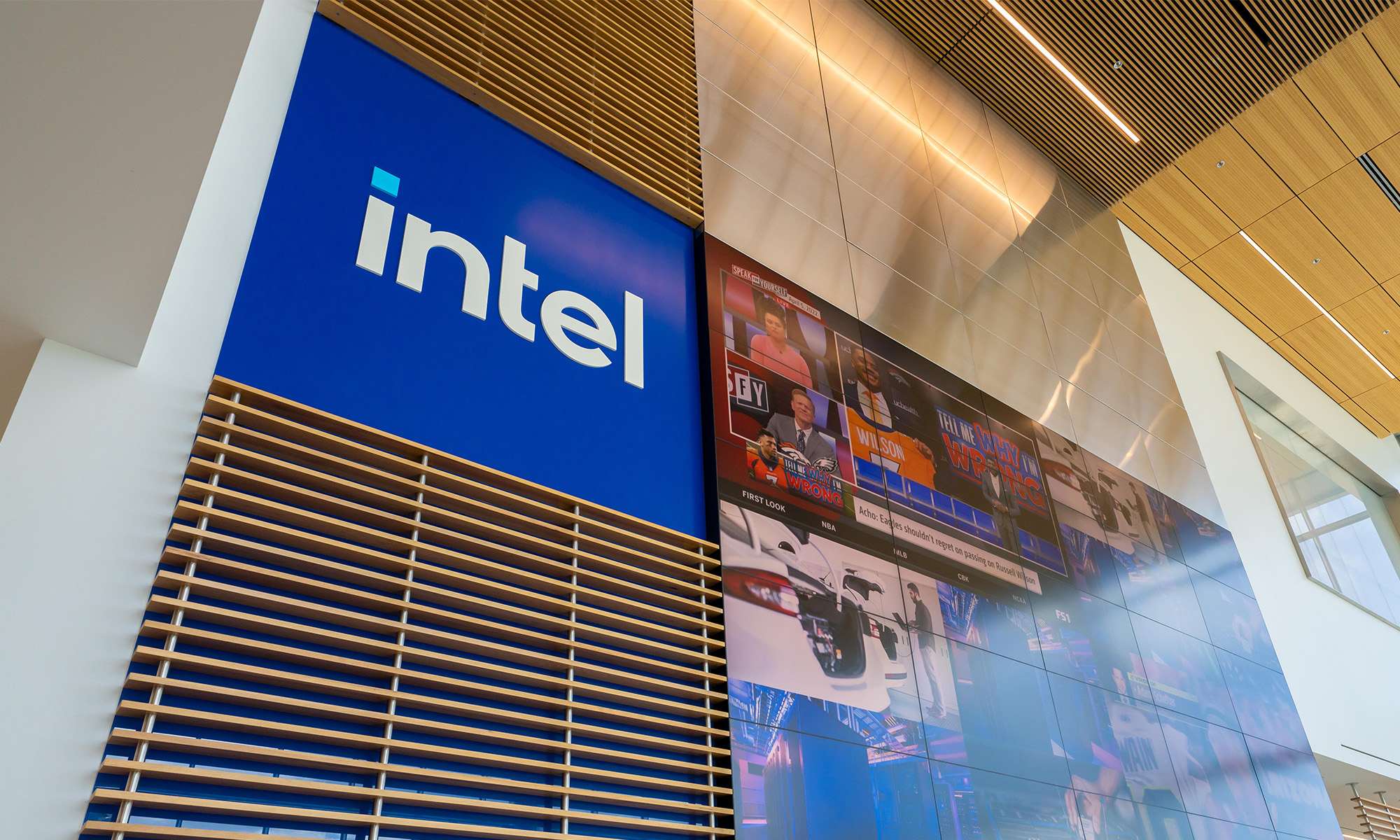
Image source: Intel via Newegg.com
On May 31, microprocessor giant Intel (INTC 1.79%) released its Broadwell-E family of high-end desktop processors. This family consists of four processors: Core i7 6800K, Core i7 6850K, Core i7 6900K, and Core i7 Extreme Edition 6950X.
The first three chips in the line represent modest speed bumps to the pre-existing Haswell-E product line. The fourth represents Intel's first 10-core product aimed at desktop buyers and comes in at an "extreme" manufacturer suggested retail price of $1,723.
Interestingly enough, it would seem that initial demand for these chips is quite robust.
Newegg.com sells out of 6950X, 6900K, and 6850K
Newegg.com, arguably the best-known North American online computer component retailer, quickly sold out of the 6950X, the 6900K, and even the 6850K. As of a check midday on May 31, the site listed these processors as sold out.
The 6800K, the cheapest and slowest of the bunch, is still available for purchase on the Newegg website.
Intel has often cited gaming PCs as a growing subsegment of the generally declining PC market, so it's not surprising to see good demand for these chips. It also doesn't hurt that graphics specialist NVIDIA just announced a couple of high-end graphics cards, which should help catalyze system upgrade activity among PC gamers.
But is it just a matter of high demand? Probably not
It's clear that demand exceeds supply for Intel's new chips. However, it is likely the case that Intel didn't actually provide many of these to retailers or system builders to begin with. For example, Amazon.com doesn't yet have these chips available, nor does Fry's Electronics (although its website does show a single prebuilt system that's "estimated to ship by" June 13).
My guess is that within a couple of weeks, there should be ample supply of these chips available to anybody who wants to buy one.
But isn't this a repeat of what happened with Skylake?
Regular readers of my columns may be aware that the last time Intel released a new PC enthusiast processor, the Core i7 6700K, availability proved to be poor for months. Not only did chips regularly sell out, but they actually managed to sell out even as retailers heavily marked up the 6700K chips.
I believe that the reason that 6700K supply was so poor at the time was due to bad yields on the 6700K, particularly on parts that could run at high frequencies out of the box. Additionally, the value proposition of this chip was actually quite robust: excellent single-threaded and multi-threaded performance, a brand-new accompanying platform with a ton of new features, all against the backdrop of a healthy gaming PC market.
The Broadwell-E chips are more expensive and don't introduce with them a new platform. They also don't offer the extremely high per-core performance that the cheaper, quad-core Skylake-based 6700K does out of the box. So the overall unit demand among gamers/PC enthusiasts is likely to be lower for these parts.
Beyond that, though, the 14-nanometer technology that Intel is building these chips on has matured significantly since the launch of the 6700K mid last year. Yields are probably much better, and Intel may have brought additional 14-nanometer factory capacity online since then, which means that supply shouldn't be as big an issue.
So, although the initial demand seems strong for these chips, I doubt we'll see the prolonged shortages that we saw with last year's Skylake chip.





